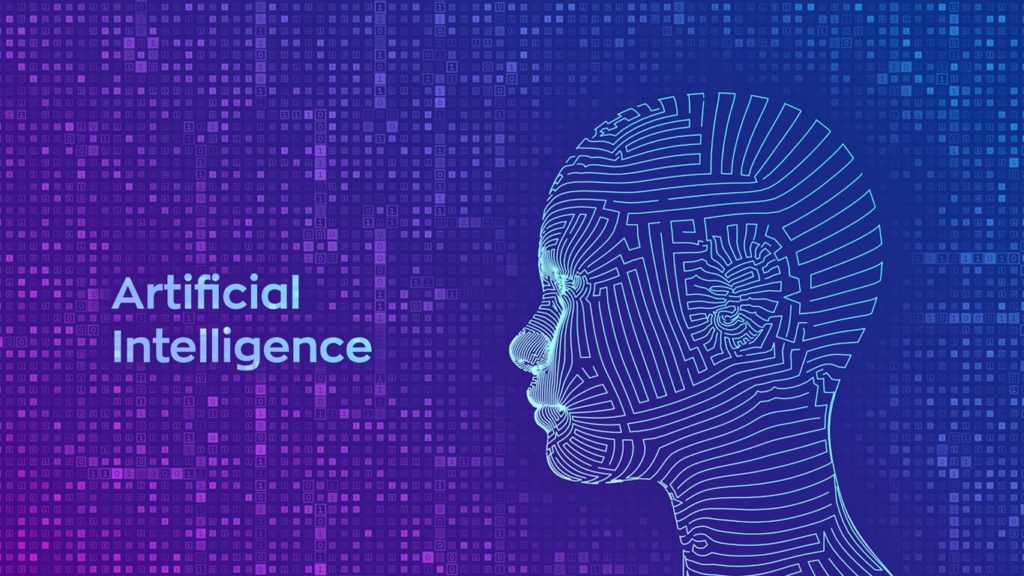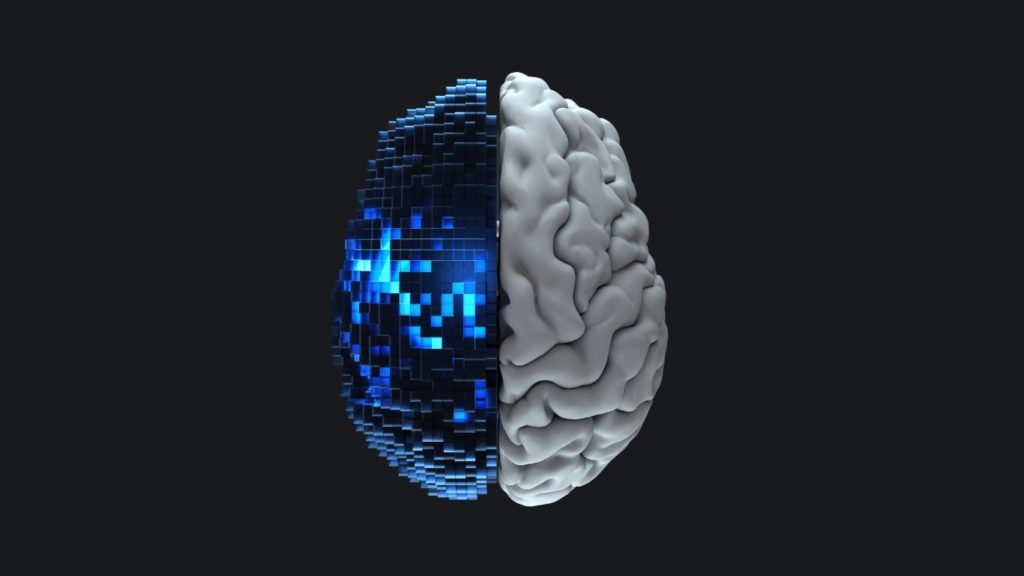
Now seems to be the best time to learn about Artificial Intelligence (AI) technology. The reason? It is transforming every walk of life. Although AI cannot currently outperform humans in every cognitive task, it is still the goal researchers are working towards. From connected Internet of Things (IoT) devices to self-driving vehicles, AI technology has given us hope for a bright future. However, although AI has shown quite remarkable capabilities, not everyone is convinced.
Few are concerned about the devastating impacts AI can be programmed to execute. We’ll keep our analysis light as we look at the definition of Artificial Intelligence technology and its examples and applications.
What is Artificial Intelligence technology?
Artificial Intelligence technology is the development of computer programs to perform tasks and solve problems that require human intelligence.

Basically, it is making the machine use its intelligence and capabilities to solve tasks. However, it is humans who design the algorithm, hence it is termed Artificial Intelligence. The areas AI focuses on are learning, problem-solving, reasoning, and perception.
In AI technology, the program learns by trial and error and memorizes the actions to use in similar future encounters. It solves problems by selecting these actions and performing them until the desired goal is achieved. The program reasons by drawing inferences relevant to the context.
Lastly, in perception, the program can recognize and analyze the object at hand and tell it apart from other objects. To sum up, AI technology processes data via algorithms to develop these abilities.
Artificial intelligence is the alchemy of the digital age, turning data into insights, automating the mundane, and amplifying human potential with every task it revolutionizes.
Tech Quintal
Examples of Artificial Intelligence technology
Honestly, there are many wonderful representatives of AI technology—so much it’s difficult to list a few of them. Nevertheless, we have covered several prominent examples. Here they are. Below are the examples of AI technology:
Smart assistants
Google Assistant, Siri, Alexa, and Cortana are the popular smart assistants nearly everyone must have heard of by now. However, these options are just a fraction of what’s available on the market. These smart assistants simplify your life by performing tasks on your behalf.
These tasks can be anything from checking messages or calls to checking weather reports to conducting quick Google searches. There are additional duties they can perform such as controlling your smart home devices, checking reservations, and getting directions.
Social media monitoring AI
Social media platforms are powerful tools in today’s time. Facebook, Instagram, Twitter, YouTube, and Snapchat are household names. Artificial intelligence technology has quite a lot to offer to this industry. These platforms use algorithms to personalize users’ feeds. Plus, it is used for monitoring. Using AI, they can combat spam and abuse more effectively than humans ever could.
Travel software
Planning a trip to your favorite destinations sounds fun, but when you get into its nitty-gritty, that’s hardly the case. But wouldn’t you want to get the best deals on flights, cars, and hotels? That’s where AI comes into the picture.
Travel software such as Hopper, Skyscanner, and Airbnb uses AI to predict the best time to book at the lowest prices. What’s more, this doesn’t end here. You can even discuss your travel plans with AI-powered bots that will offer you travel suggestions.
Also, there are a few other related examples of AI technologies, such as the technology of manufacturing robots and self-driving vehicles. We have covered this extensively in earlier posts, so be sure to check that out.
Applications of Artificial Intelligence technology
Now that we have seen a few Artificial Intelligence technology examples, it’s time to look at its practical application. The following are some industries that are leveraging the power of AI technology.
Finance
The integration of AI technology in the finance sector has changed the way we perceive money. Let’s break this down into three sections: personalized banking, risk management, and trading. In personalized banking, banking customers are using AI-generated advice to monitor their budgets. This has helped them make sound financial decisions.
In risk management, financial experts use AI to analyze data, identify trends, and make accurate predictions. As for trading, AI is used to automate trades, which eventually saves a lot of time and generates more profit.
Data security
We are generating massive amounts of data daily. Thus, the need to secure data rises. Sometimes human intervention is not enough to reduce these risks. Hence, we need AI that can analyze malicious behavior in advance and alert us. There are sophisticated algorithms that can recognize patterns and detect threats. This improves your cyber resilience by offering valuable insights for securing your assets.
Health care
The telemedicine term has been gaining popularity in recent times. It is simply using technology to facilitate healthcare access to patients over long distances. The patients and doctors connect without the need for in-person meetings. This is to say that AI technology streamlines information management in health care and saves valuable time and money.
Plus, the pattern recognition abilities of AI help healthcare professionals make better clinical decisions. Additionally, AI is used to understand how cancer and other diseases evolve, which will eventually assist in taking interception measures.
E-commerce
Considering the immense benefits AI has to offer, it would be an injustice not to mention eCommerce. Firstly, AI is used in personalization, where it analyzes customers’ interactions and provides tailor-made recommendations. Then, there are digital assistants powered by AI that provide support around the clock. This dramatically improves the customer experience.
For example, the obvious benefit of using AI to suggest the right clothing sizes to customers is that it reduces the rate of return. Overall, it allows eCommerce businesses to thrive in our dynamic world.
Entertainment
Now that we have covered serious topics, let’s head towards the fun part. You all must have heard about Netflix, the giant video streaming platform. But did you know more than half of its users select movies based on recommendations they are offered?
Thanks to AI, Netflix has spot-on recommendations that are just hard to ignore. It uses algorithms to display relevant thumbnails to the users, increasing viewership. In other words, AI helps deploy solutions that work wonders across the board.
Be sure to read the advantages and disadvantages of Artificial Intelligence.
FAQs
AI works by processing large amounts of data and learning patterns or rules from that data, often using algorithms in what’s called machine learning.
You’ll find AI in places like online search engines (Google, Bing, etc.), voice assistants on your phone, recommendation services on streaming sites, email spam filters, and self-driving car technology (Tesla).
Not quite. While AI can mimic some aspects of human thought and decision-making, it doesn’t have consciousness or emotions. It processes information and makes decisions based on its programming and the data it receives.
AI can be very safe, but like any technology, it needs to be designed carefully. If not, things could go south. There are concerns about privacy, security, and ethical use that experts are working to address.
AI might change the kinds of jobs available and can automate some tasks, but it could also create new jobs and industries that we haven’t even imagined yet. So, don’t worry yet.
The AI in movies often shows machines that can think, feel, and act on their own. Real-life AI isn’t that advanced and usually just performs specific tasks it has been trained to do, YET!
AI has the potential to transform many aspects of life, from healthcare to transportation to how we work and play. It’s expected to make things more efficient and open up new possibilities, possibly, in the near future.